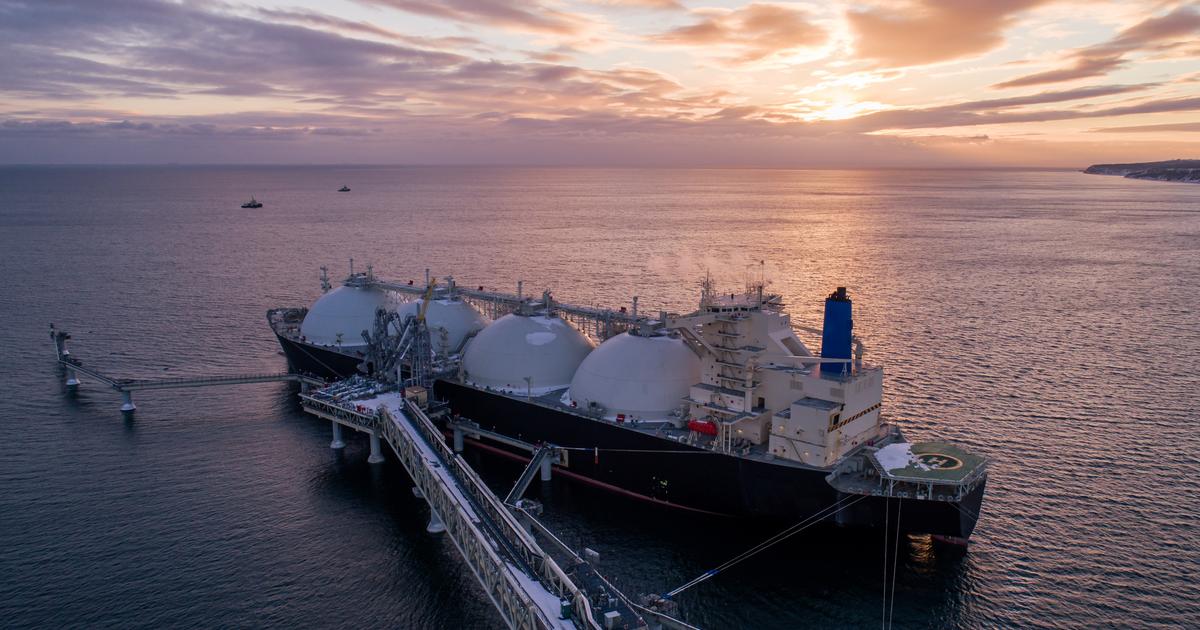Enlarge image
Nord Stream 1 gas receiving station near Lubmin: Most recently, more than two-thirds of all Russian natural gas supplies to Europe flowed through this pipeline
Photo: Stefan Sauer / dpa
Deliveries of natural gas from Russia to Germany and Western Europe will probably fall drastically in the summer.
This was announced by the head of the Federal Network Agency, Klaus Müller, on Monday.
"NorthStream 1 (meaning the Baltic Sea pipeline Nord Stream 1, editor's note) will be serviced in the summer, so there will probably be no storage," Müller tweeted in response to a SPIEGEL article about the EU's still high gas imports -States from Russia.
This makes it more difficult for Europeans to fill up their gas storage tanks to at least 80 or – as in Germany – even 90 percent before winter.
The EU reservoirs are currently 51 percent full on average, in Germany it is a few percentage points more.
"Recently, the #gas storage tank filling was 53 percent, which is better than in previous years, but not good enough," tweeted Müller.
Russia is still one of the leading sources of gas for Europeans: with around 1.6 billion cubic meters per week, which corresponds to around a fifth of all EU imports.
And Nord Stream 1 is currently by far the most important pipeline for Russian gas supplies to the west.
According to an analysis by the Brussels think tank Bruegel, the state monopoly Gazprom recently sent a good 70 percent of its entire volume intended for Europe through this line: around 1.2 billion cubic meters per week.
For comparison: Germany consumes around 1.6 billion cubic meters in an average week, but significantly less in summer.
Is the "maintenance" a Kremlin maneuver?
It is unclear whether the Baltic Sea pipeline actually needs maintenance.
Gas market insiders also consider a tactical maneuver by the Kremlin to be possible.
Because the less the European storage tanks are filled in winter, the more dependent they will be on Russian gas.
And the greater the fear of bottlenecks on the gas markets, the higher the prices will rise.
On the European wholesale reference market TTF, a megawatt hour for delivery between 8 a.m. and 10 a.m. in July rose in price from 81.25 to 83.90 euros.
However, the price is still a long way from its record levels at the beginning of March, when a megawatt hour cost 300 euros at times.
It is also questionable whether other suppliers can step in and compensate for the short deliveries.
Most recently, according to Bruegel, Europeans imported the most gas via tankers: in the form of liquefied natural gas (LNG).
The second most important supplier was Norway.
It is not yet known how long the maintenance work will take.
Federal Network Agency boss Müller announced late Monday morning that maintenance usually takes about two weeks.













